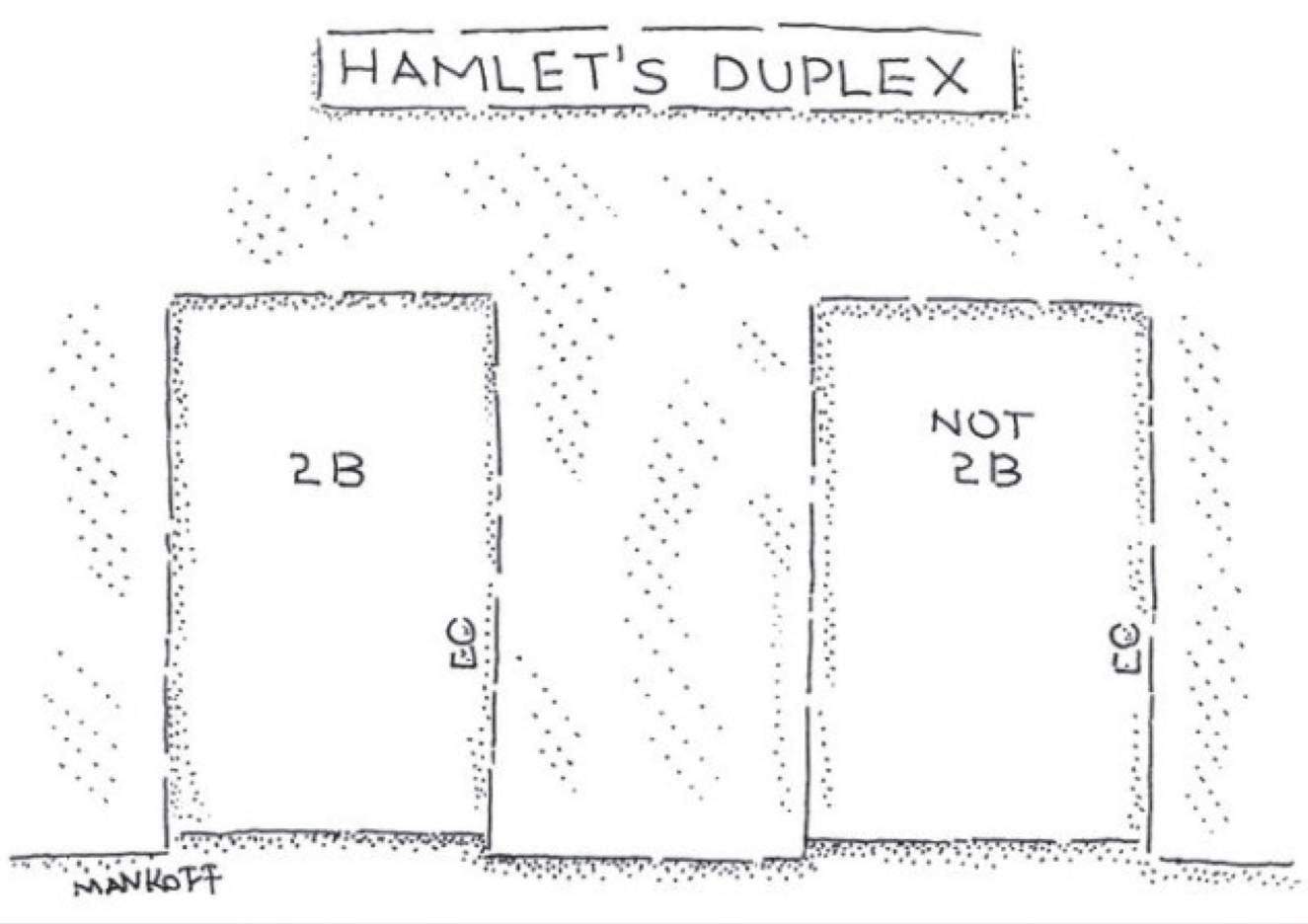
Canonical and Non-canonical Questions
Donka F. Farkas, University of California, Santa Cruz
December 4, 2019 · 4:30 pm · 1-S-5 Green Hall
Program in Linguistics

Donka F. Farkas is the Stanley Kelley, Jr. Visiting Professor for Distinguished Teaching in the Program in Linguistics.
The general aim of the work this talk is part of is to understand the difference between `canonical’ and `non-canonical’ questions with respect to form, content and general conditions of use.
The first part of the talk sketches the general theoretical framework used, and sets up a series of default pragmatic assumptions present in canonical questions, assumptions that follow from the semantics and conventional discourse effects of canonical interrogatives in the approach in Farkas and Roelofsen 2017. The default pragmatic assumptions I concentrate on are Speaker Ignorance, Addressee Competence, Addressee Compliance and Open Issue (the assumption that the issue raised by the Speaker is open in the input context).
Non-canonical questions, such as self-addressed / biased / rhetorical / `quiz’ questions are then characterized as questions asked in contexts that do not conform to these default pragmatic assumptions. In formally marked interrogatives, the marked form signals the presence of special discourse effects that enforce such departures from default assumptions. The approach allows us to predict that formally unmarked interrogatives can function as canonical questions while formally marked ones cannot.
The second part of the talk introduces a new type of non-canonical question, which I dub non-intrusive, based on interrogatives in Romanian that contain the morpheme oare. Non-intrusive questions signal the weakening of Addressee Compliance: they signal that the Speaker does not assume that the Addressee will settle the issue in the next move. Non-intrusive questions overlap with but are different from self-addressed questions and tentative questions. In the account worked out in the talk, oare is a discourse marker that signals the presence of a special conventional discourse effect that affects the projected Addressee responses.















